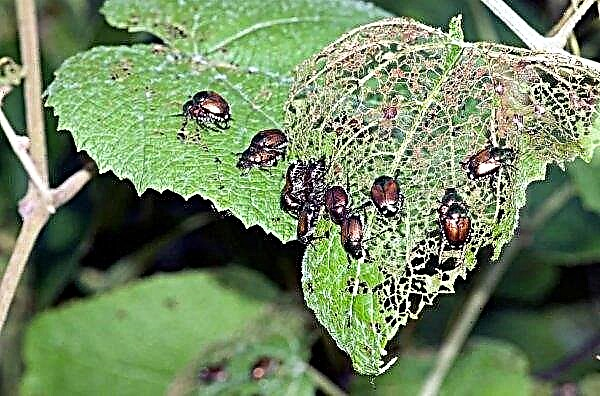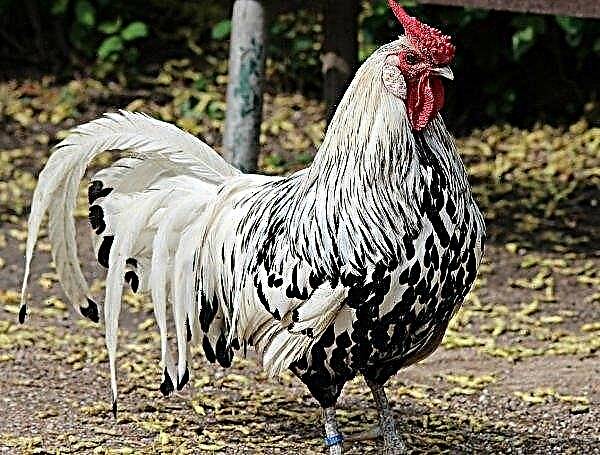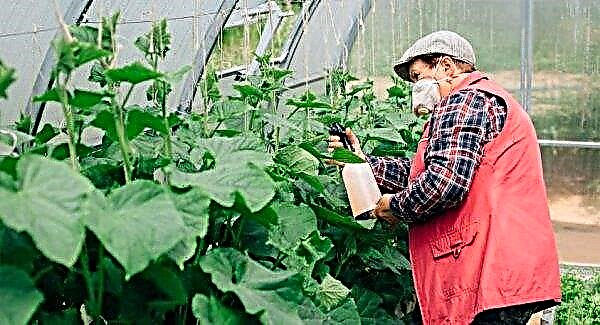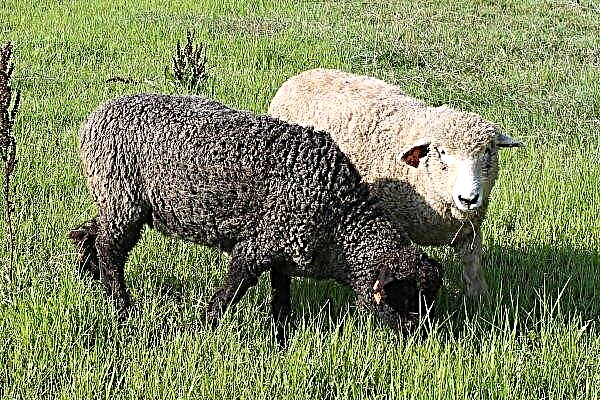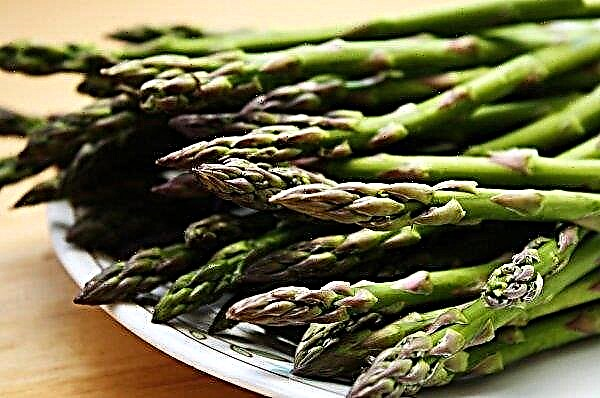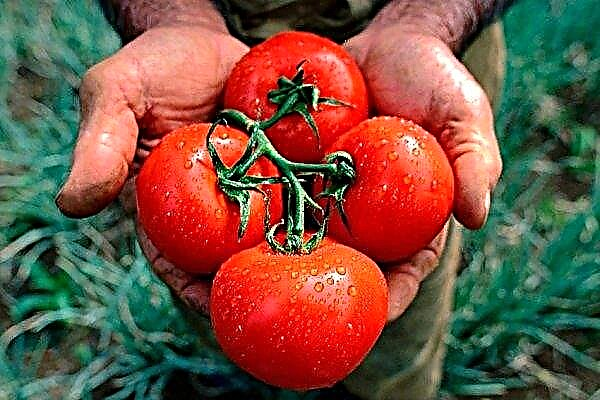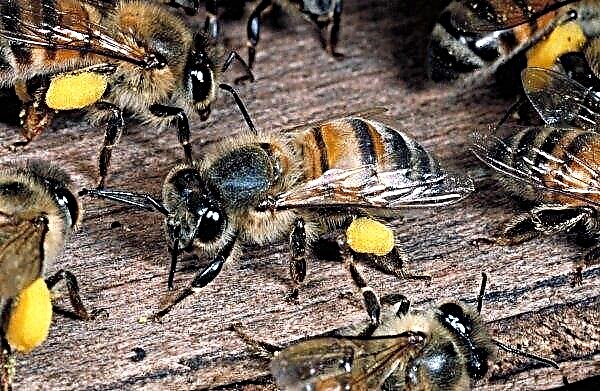The bulk of livestock production in South Africa occurs in the wild, mainly in the biomes of savannahs, pastures and kara. South African farmers should adjust their approaches to agriculture, taking into account climate change, scientists say.
According to Dr. Louis du Pisani, National Manager of Production Advice and Development at the National Association of Wool Producers (NWGA), it is important for livestock breeders to be aware of the reality of climate change and its possible impact on their agricultural activities.
According to him, South Africa consists of 121 million hectares. land, including 91.3 million wildlife. Direct speech: “Farmers need to be creative, innovative and adapt to climate change if they want to survive and prosper. Climate change is a reality. ”
According to Du Pisani, there were many “gloomy stories” about climate change in the media. However, not so much advice was given to livestock breeders.
Signs were that in recent years, the average annual temperature in South Africa has increased by about 1 ° C.
 If the sheep falls on its back, then it may die after some time, since it is not possible to roll over on its own.
If the sheep falls on its back, then it may die after some time, since it is not possible to roll over on its own.
Recent scientific observations have also shown a slight decrease in rainfall during the fall months in the central and northeastern parts of the country, while the total annual rainfall has not changed significantly, he said.
It was also noted that the average number of rainy days per year decreased in the central and northeastern regions.
Direct speech: “If the total amount of precipitation has remained the same, but the number of rainy days has decreased, it is logical that the intensity of precipitation has increased and that wet periods become wetter and dry periods drier.
Thus, forecasting more extreme weather conditions seems to be taking place, and farmers should take this into account in their management plans, ”said Du Pisani.
So, since the early 1800s. the carbon dioxide concentration in the Earth’s atmosphere has increased from 275 ppm (ppm) to over 400 ppm, and it is still increasing.
- Earlier we reported that Udmurtia is developing dairy farming.
- German farmers refuse livestock.
- The website of the President of Ukraine has registered a petition banning the use of antibiotics in animal husbandry.
- In the United States, over a quarter century, explosive growth in livestock productivity
- The Australian livestock sector could be a big hit if it does not improve animal welfare.

